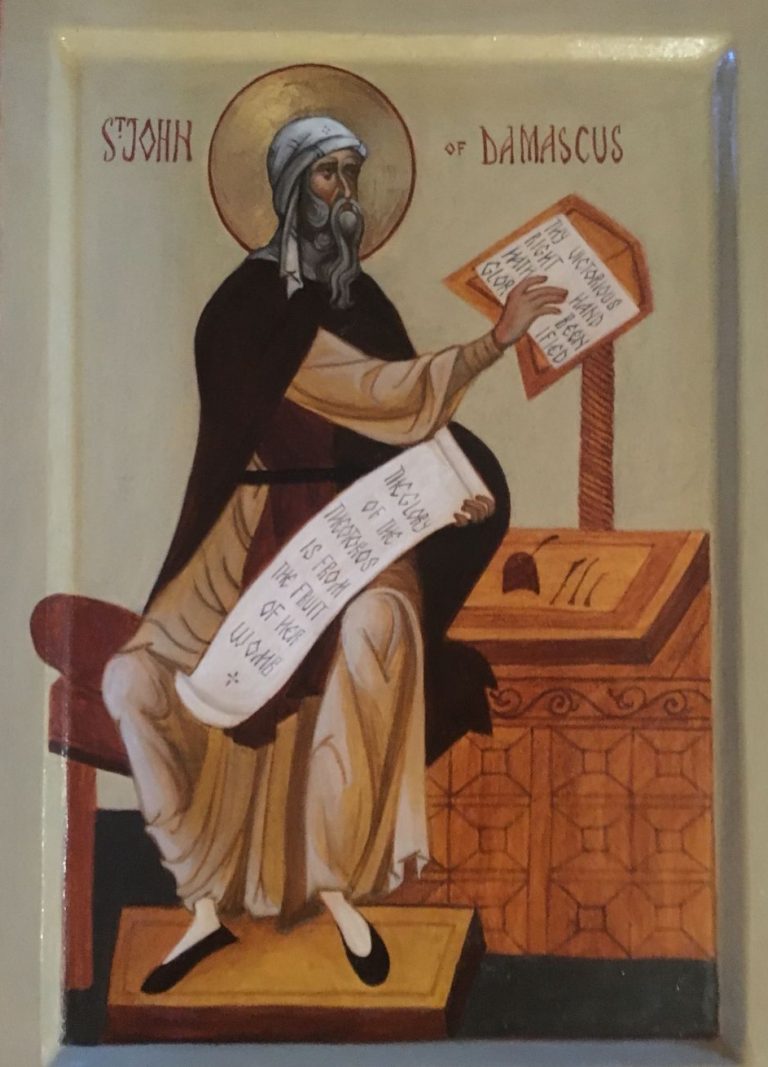
Duplicity
Asked by the TLS to name his book of the year, William Boyd plumps for James Hanning’s life of the super-spy Kim Philby. He remarks:
‘What continues to intrigue about Philby after all these decades is his astonishing ability to maintain his double-life with such devious aplomb for so long. It showed a true, virtuoso dedication to the the art of duplicity, if such a thing exists.’
I think it does. There’s no joy in it, and we all have it in us to practise it, even if not to the level of virtuosity. Hence the abiding force of the Biblical injunction to cultivate an undivided heart.


2022
I would have liked to invite all readers of the Notebook to a decent New Year’s lunch. Alas, the logistic challenge is too considerable. As an alternative solution, I offer you this recording, made at Verbier in 2002, of Bach’s Concerto for Four Pianos BWV 1065 interpreted by Argerich, Kissin, Levine, and Pletnev. A YouTube commentator has written: ‘If aliens were to stop on earth and ask what our civilisation is like, I would show them this concerto.’ Vox populi, vox Dei.
Thank you, known and unknown friends, for your interest and digital companionship. I wish you a blessed and happy year. As Dag Hammarskjöld wrote in his diary at the beginning of 1953:
‘Night is coming on.’
For all that has been – Thanks!
To all that shall be – Yes!
+fr Erik
Hope
Amid the excesses, and frequent banality, of seasonal decoration in our society of affluence, I was moved by this image from a youth prison in Northern Cameroon. The embellishments were overseen by a man serving a very long sentence, a man who once said: ‘You have to accept who you are. Once you do that, peace is possible. In prison I have become a man. My desire is to enable each of my comrades, too, to say with conviction, ‘I am a man’, to help them understand that they possess a freedom of self even in prison.’ One way of doing that is by creating something gratuitously lovely, the way God did when he created the world, and each of us. The friend who sent me the photograph remarked: ‘There is an irony in the paper ornaments becoming so many lights with the glow of the prison search lights beamed onto them. A confirmation that beauty can be retrieved wherever there is the faith to do so.’ Where there is beauty and faith, hope can be reborn. Blessed are those who kindle it.

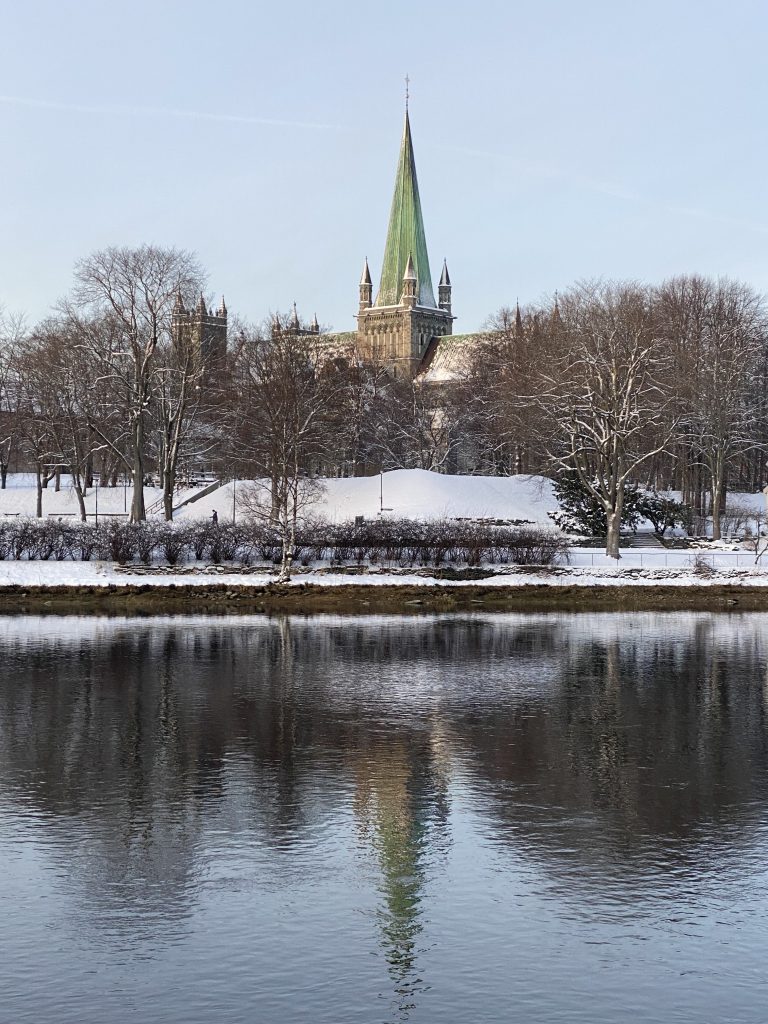
Right & Wrong
I always try, on this day, to re-read Eliot’s Murder in the Cathedral. As a student I had a walk-on part in an amateur production. The advantage of having seen – and heard – a play many times, is that salient phrases stick in one’s mind. Timeless is Thomas’s observation:
The last temptation is the greatest treason: / To do the right deed for the wrong reason.
More than ever, however, I am struck by the warning that follows:
Servant of God has chance of greater sin / And sorrow, than the man who serves a king. / For those who serve the greater cause / may make the cause serve them.
Which may God forbid.
Pelagianism
The term ‘pelagianism’ is bandied about quite a bit, often cryptically. A helpful application is one made by Benedict XVI when he spoke about ‘Bourgeois Pelagianism’. According to Tracey Rowland, commenting on it in a recent interview, it refers to ‘the mentality that Christ does not expect us to be saints. It is sufficient that we are decent types who recycle our rubbish, donate a few dollars to charity, and refrain from murdering and raping our neighbors or stealing their property. The mentality is that Christ was not really serious when he said that we must be perfect as our heavenly Father is perfect.’ She generalises the notion of the ‘bourgeois’ (broadly understood as ‘keen on upward social mobility’) by identifying a ‘bourgeois Christianity’, which ‘does not fight on sacramental ground. It does not fight at all. It simply goes in search of Christian-friendly elements of the Zeitgeist with which it might identify and market itself.’
And so one is presented with plenty of scope for new year’s resolutions.
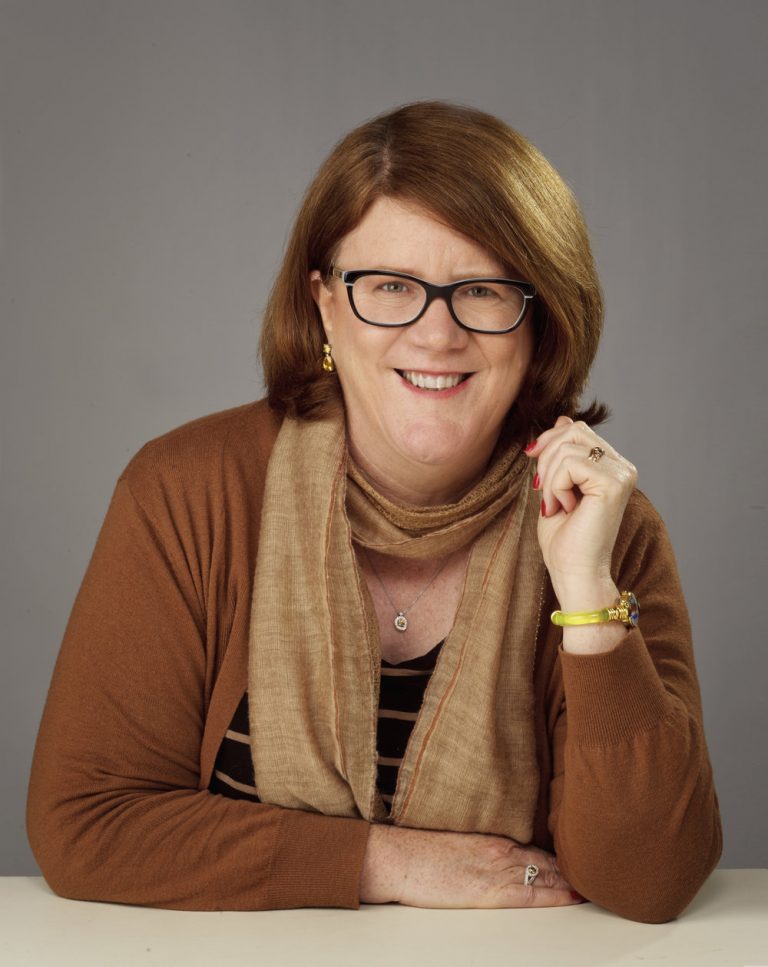
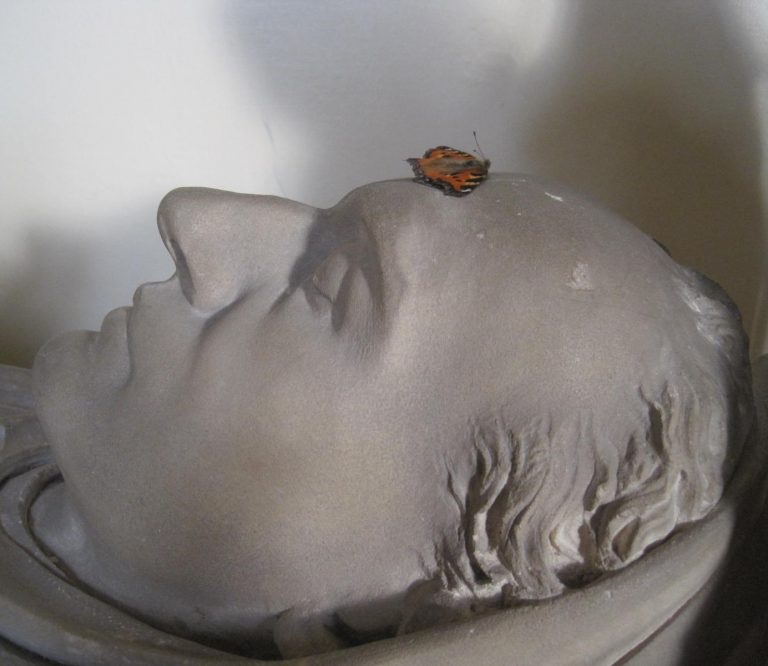
Freethinking
At the age of 92, George Bernard Shaw pronounced this considered judgement upon his friend, the formidable (and admirable) Abbess Laurentia McLachlan of Stanbrook: ‘though you are an enclosed nun you have not an enclosed mind’. Twenty-four years earlier, in 1925, when Shaw had contended that the Catholic Church has not space for Freethinkers, Dame Laurentia objected: ‘I said that to my mind no thinker was free as a Catholic – the limitations being in the direction of good sense and ensuring right thinking; it is not freedom to be able to think contrary to objective truth.’
About to make profession, at nineteen years of age, Dame Laurentia and her novice companion received a note from Dom Laurence Shepherd, a monk who had done much to affirm the community’s contemplative vocation: ‘Tell them they must be saints. They must be grand Benedictines of the seventh century.’ A call heeded.
Ramanujan
Matt Brown’s 2015 film about the great mathematician, ‘based on true events’, is based on a fair amount of imagination, too. The result is a picturesque but somewhat unsatisfactory yarn full of facile stereotypes, with more than a passing resemblance to Slumdog Millionaire. There are good lines in it, though, as when Hardy says, in an early encounter, ‘You, just as Mozart could hear an entire symphony in his head – you dance with numbers to infinity’; then, later, while promoting Ramanujan’s candidature as a Fellow of the Royal Society: ‘We are merely explorers of infinity in pursuit of absolute perfection: we do not invent these formulae; they already exist and lie in wait.’
And, of course, there are Ramanujan’s own words of certified authenticity: ‘An equation for me has no meaning unless it expresses a thought of God.’
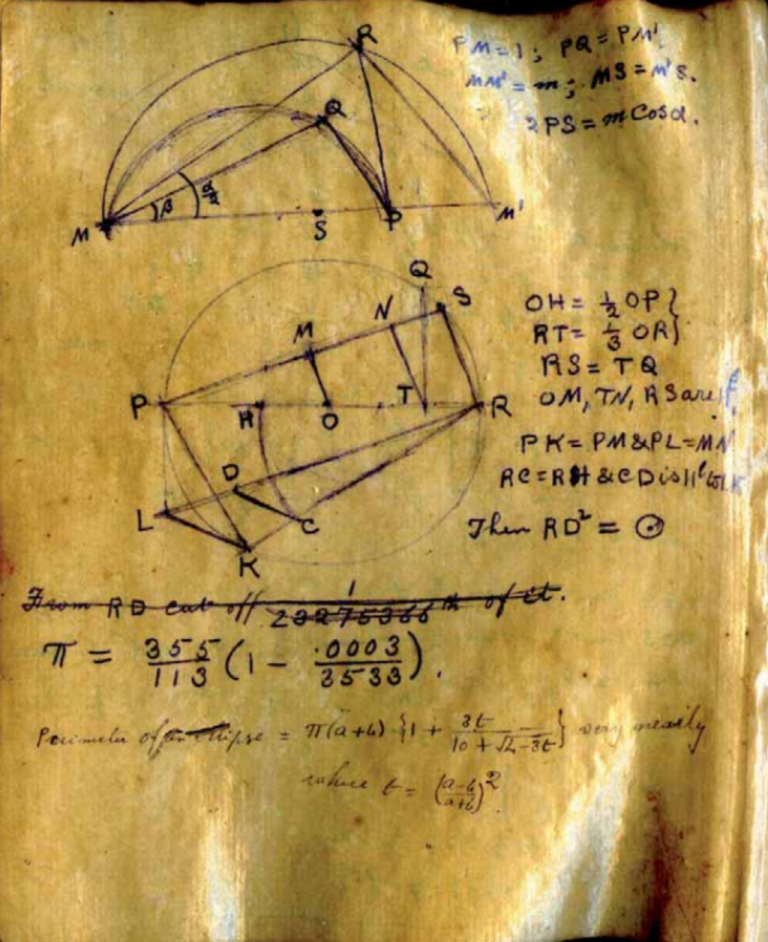
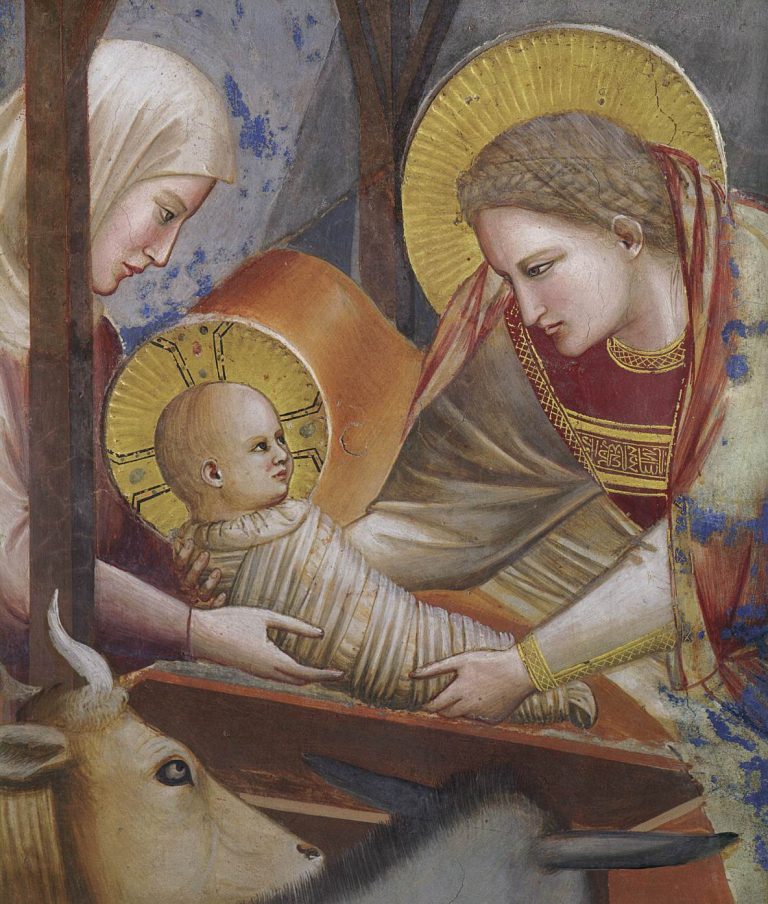
Receive It All
Ich steh an deiner Krippen hier,
o Jesulein, mein Leben,
ich stehe, bring und schenke dir,
was du mir hast gegeben.
Nimm hin, es ist mein Geist und Sinn,
Herz, Seel und Mut, nimm alles hin
und lass dirs wohlgefallen.
I stand before Thy manger fair,
My Jesus, Life from heaven!
I come, and unto Thee I bear
What Thou to me hast given.
Receive it, for ’tis mind and soul,
Heart, spirit, strength—receive it all,
And deign to let it please Thee.
Image
An inspired teacher enabled me, thirty years ago, to discover the art of Tarkovsky. With amazement I saw what heights cinema could reach. Last night I found myself watching, again, Andrei Rublev. A curious way of spending the eve of Christmas Eve? No, wholly appropriate. Tarkovsky evidences the sheer, superhuman cost of leaving an image of the divine in this world. One appreciates what it might mean when Scripture says the incarnate Son of God ’emptied himself’; what it might mean for us to ‘put on Christ’. Andrei Rublev is a celluloid icon.
Tarkovsky defected to the West because, he said, Soviet authorities spat on his soul. Yet later he testified: ‘The longer I stay in the West, the more I find that man has lost his inner freedom. In the West, everybody has their rights, but in an internal, spiritual sense, there is no doubt more freedom in the Soviet Union.’ A haunting statement made by one not given to superficial rhetoric.
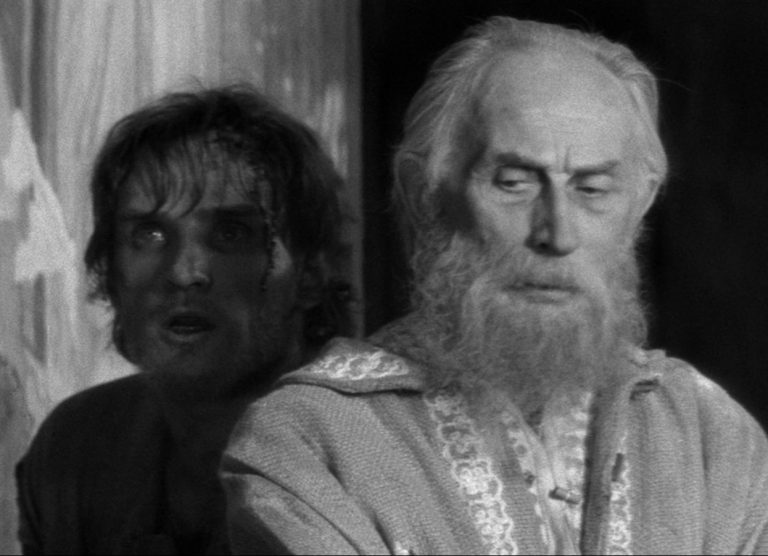
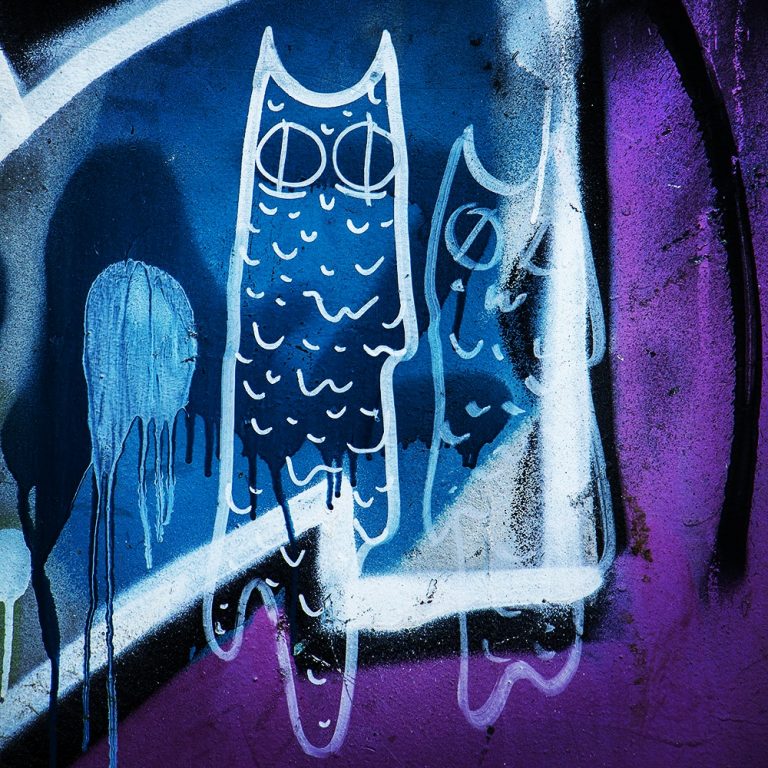
In the Night
I am always touched by words from Psalm 102: ‘I am like an owl among ruins’. All of us feel like that from time to time. The experience needn’t be purely subjective; it may well correspond to things as they are. It is wonderful, then, in this morning’s office, to meet the assurance (from Isaiah 51): ‘The Lord comforts Zion, comforts all her ruins, and will arrange her desert like Eden, her wilderness like a garden of the Lord.’ The promise is prospective. But prospect presupposes retrospect: ‘Look to the rock from which you were hewn’, cries Isaiah, ‘to the quarry from which you were dug.’
How can we look forward now, as a society, even as a Church, given over as we are to collective amnesia? The Word we await is the Word that ‘was in the beginning’. We must remove over-focused spectacles which only make short-sightedness worse and contemplate, somehow, that entire span. We must be like owls, watching in the night with attention.
Most Crucial
It is countercultural to call Thomistic christology ‘this most crucial of theological disciplines’. Long live counterculture! In an incisive review article, Fr Robert Imbelli reminds us that it is carefully thought-out, carefully articulated dogma that makes the Gospel evangelion. But how many modern and contemporary christologies ‘support the Tradition’s claim regarding the unique Incarnation of God in Jesus Christ’? Do they not often ‘fail to rise above a view of Jesus as inspired prophet’? Think of sermons you’ve heard. Think of the collapse of ecclesiology. Often enough, ‘by scanting ontological reflection, [we] lack sufficient resources to undergird the New Testament confession of Christ’s uniqueness and its elaboration in the Church’s creedal and conciliar Tradition’. Christmas is the time to think about such things. What are we celebrating? Are we exclaiming, exultantly, ‘Oh come let us adore him’, or just singing, ‘Happy birthday’?
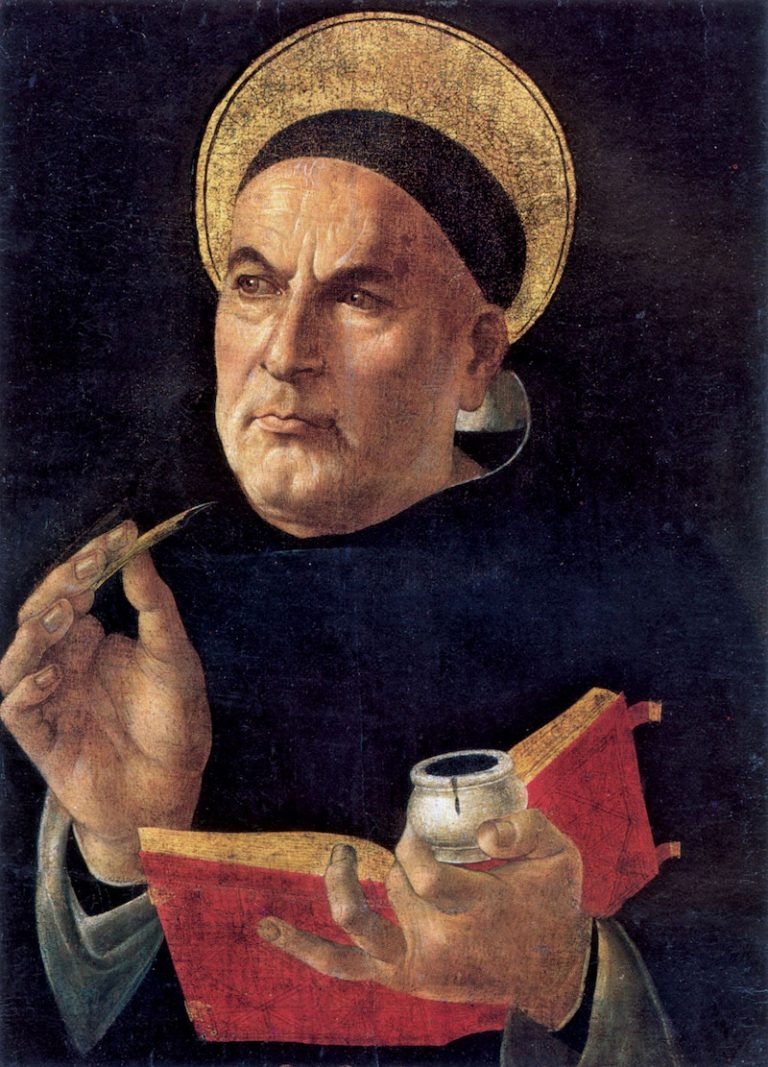
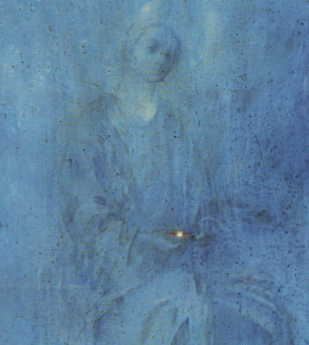
Incomprehensible
‘Be it done to me according to your word’, says the Blessed Virgin Mary, about to become Theotokos. She shows us what it means to walk, in St Paul’s phrase, ‘by faith, not by sight’ (2 Cor 5:7). St Ambrose expresses this in different terms:
Incomprehensibilis incomprehensibiliter operabatur in Matre.
Which is to say that ‘the Unfathomable worked unfathomably in his Mother.’ We have limited tolerance, now, for what is incomprehensible. We like things to be clearcut, simply expressed, horizontal, ideally risk-free. We’ve a massive act of renunciation to make if we would enter the Mystery of Faith and make our home within it.
Elevation
The philosopher Pascal Bruckner, author of The Tyranny of Guilt, describes himself as ‘impervious to faith’. It is all the more interesting to note this remark in a recent essay, commenting on the current collapse of Catholic practice in France and elsewhere:
‘I am certain that the Church will only regain ground among the young if it offers them an art of living that is at once tolerant and demanding, without disclaiming any of its principles. A religion should aim to elevate men, not to flatter their foibles.’
Later: ‘There is no cult without mystery. By dint of drawing close to a common language with a view to seducing the faithful, one runs the risk of pushing them away.’
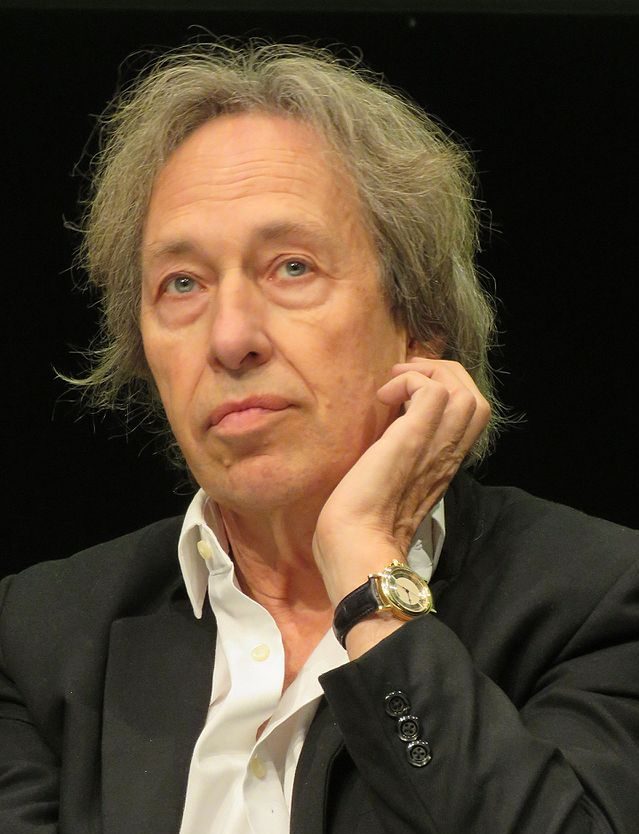
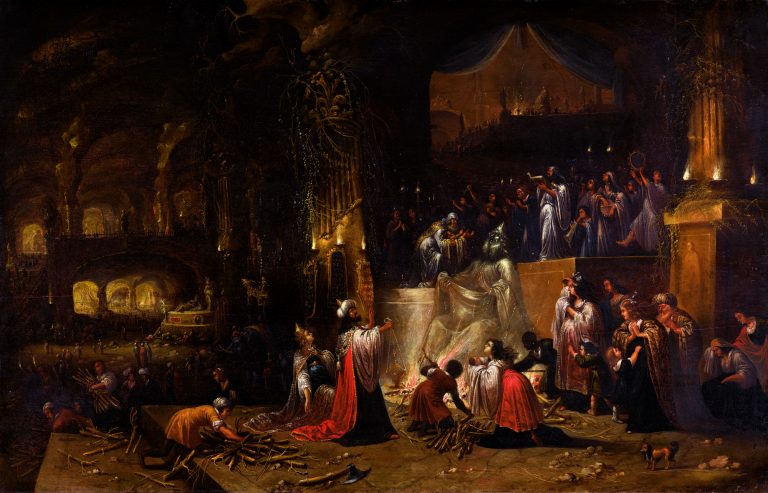
Unexpectedness
For us who hear it just before Christmas, the annunciation to Ahaz (Isaiah 7:10-14) is full of sweetness and light. Ahaz heard it differently, awaiting as he was the destruction of his country. Assyria was mounting a massive assault. The anxiety that reigned in Jerusalem, notes Isaiah, was such that Ahaz’s ‘heart and the heart of his people shook as the trees of the forest shake before the wind’. Ahaz wasn’t a good king. Religiously he made terrible compromises. Politically, he was a pragmatist void of principles. To this agnostic monarch, in these tormented circumstances, the promise was made: the Virgin will conceive; God will be with you; you will know the mystery of Emmanuel. Centuries passed before the promise was fulfilled. But it was henceforth in the air, resonant, orienting, hope-bestowing. God speaks to improbable people at improbable times. We’d better pay attention.
Angelus
The impact of the Angelus bell, inculturated into Lutheran practice, is beautifully evoked in Selma Lagerlöf’s Jerusalem:
‘Everyone in the parish knew that no parishioner neglected to say the Our Father when the church bells tolled; and that every afternoon, at the sound of the bells, work ceased both indoors and out of doors while the men removed their caps and the women curtsied and everyone stood still for as long as it took to recite the Lord’s Prayer. Everyone who had ever lived in the parish would further affirm that they never thought God greater or more worthily praised than on those summer evenings when they saw the scythes motionless, the ploughs at a standstill in the furrow, and a cartload of grain left right in the middle of discharging just for the sake of a couple of tintinnabulations. It was as if people knew, that Our Lord just then hovered over their parish on an evening cloud, immense and great and good, sowing blessings across the entire county.’
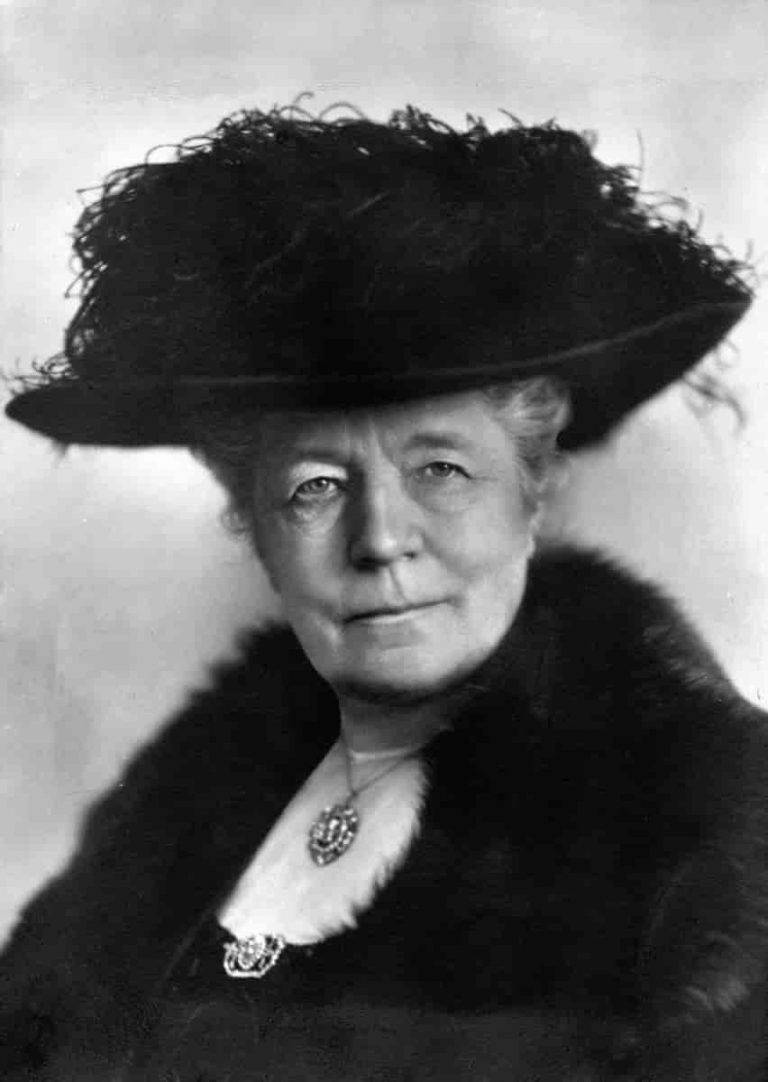
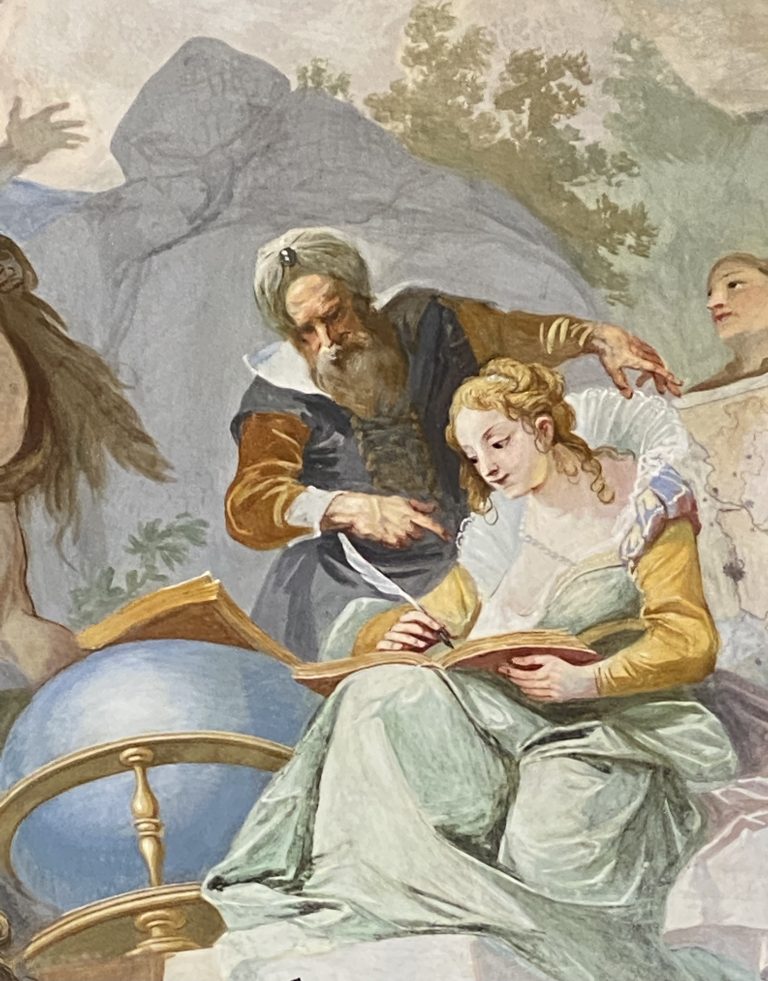
Prop & Pillar
Tantalising references in a recent article by George Weigel made me go and read William Faulkner’s banquet speech given in Stockholm on 10 December 1950, after he had received the Nobel Prize. This remarkable statement is addressed to writers, but really concerns us all:
‘[Man] is immortal, not because he alone among creatures has an inexhaustible voice, but because he has a soul, a spirit capable of compassion and sacrifice and endurance. The poet’s, the writer’s, duty is to write about these things. It is his privilege to help man endure by lifting his heart, by reminding him of the courage and honor and hope and pride and compassion and pity and sacrifice which have been the glory of his past. The poet’s voice need not merely be the record of man, it can be one of the props, the pillars to help him endure and prevail.’
Night
‘God is light and in him there is no darkness’ (1 Jn 1:5) Yet darkness is his creation (Isa 45:7). Darkness, whether that which surrounds us or that which we carry within, is not necessary evil. It can enter God’s providential plan by revealing light. The refrain of St Francis’s Canticle of Creatures, Laudato si’, is on everyone’s lips. That is good. But do we remember the following verse? ‘Praised be you, my Lord, for Brother Fire, through whom you illumine the night; and he is beautiful, joyful, robust and strong’. Without night’s darkness, who would notice from afar the fire which shows us the goal of our pilgrimage, the sign of a faithful but discreet communion, a sign that beckons but does not blind?
Laudato si’, mi’ Signore, per frate Focu, per lo quale ennallumini la nocte: ed ello è bello et iocundo et robustoso et forte.
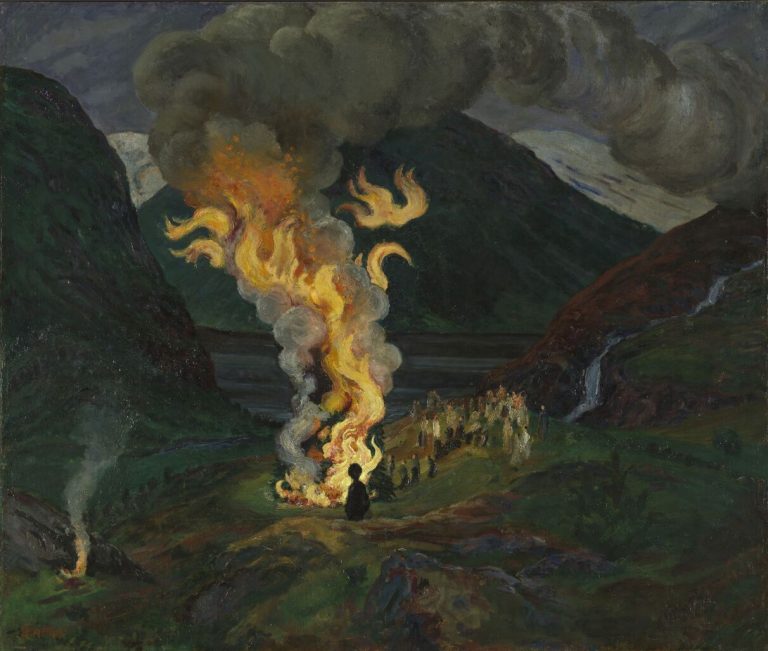
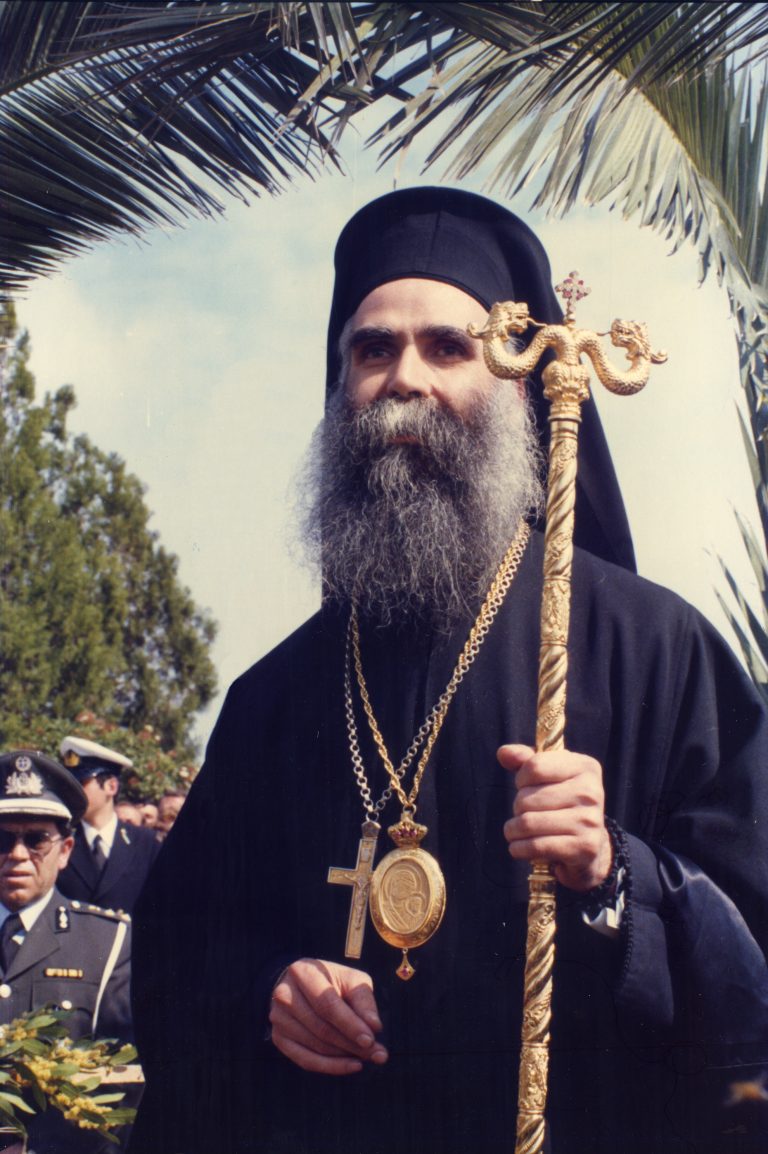
Authenticity
Stephen Lloyd-Moffett’s book about Bishop Meletios of Nikopolis challenges the reader wholesomely. Here’s an example: ‘The older generations, although they lost the correct conviction, maintained a compulsory surface of decency, but one which could not be imposed upon the youth. Because the youth want authenticity! And when looking at the inauthencity of their elders, they rebel. Truly, they rebel. We, as Christians, and I, as a priest and spiritual father and bishop, say to all of them: “Attain authenticity, internal authenticity, because only this will help you attain all others. Not a façade, not a mask.” The young always have something deeper. They seek authenticity. And it is a shame that they have been found without a guide.’
As the Lord said to Abraham: ‘Walk before me and be entire [הִתְהַלֵּ֥ךְ לְפָנַ֖י וֶהְיֵ֥ה תָמִֽים]’ (Gen 17:1).
Measure of Man
I am haunted by an impression left by a fine exhibition at the Musée Cernuschi: ‘Painting Apart from the World: Monks and Scholars of the Ming and Qing Dynasties’. It regards the place of human beings in the world. The paintings are largely scenes from nature, a reminder that sensibility to landscape was alive in the Orient long before it reached Western art. Almost invariably, a human figure, or a cluster of people, is included. But to see this human presence, one has to look for it. Man is given his measure by the world surrounding him. Today, we have inverted this perspective, with disastrous consequences. These reclusive artists of centuries past cast a gentle, beneficent light on the theses of Laudato si’.
A number of the works can be seen online here.
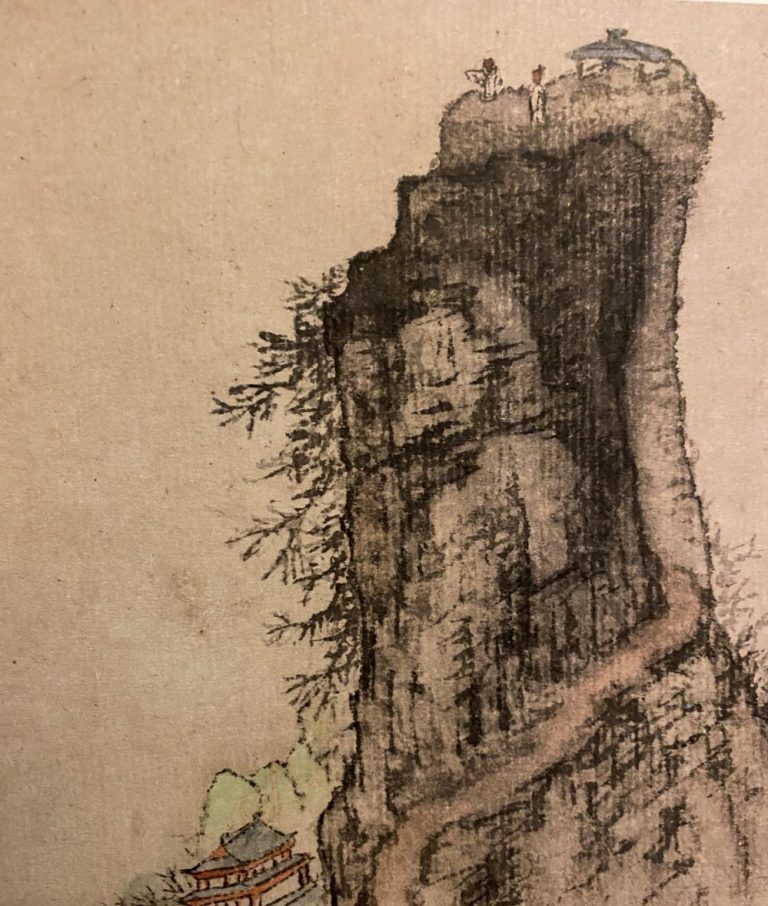
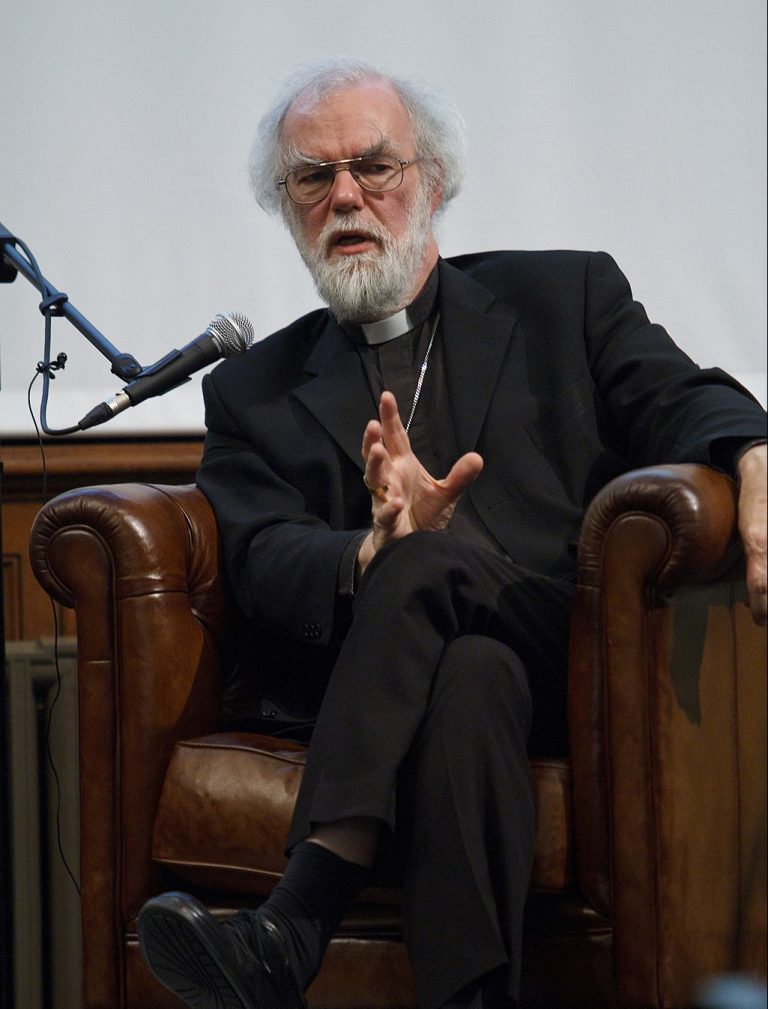
Looking East
Rowan Williams’s Looking East in Winter is in some ways an austere read, reflecting a lifetime’s intellectual engagement with Orthodoxy. It is at the same time full of warmth. Williams’s account of holy folly is wonderful. And what a comfort, right now, to be reminded: ‘For anything to be natural is for it to be as God intends, to be in the state in and for which God created it.’
A contribution to this week’s Books of the Year review in The Tablet.
Here you can find the conversation I conducted with Rowan Williams at the launch of the book.
1729
I love the story recounted in this marvellous book by Richard Dawkins about the meeting of two old friends, both Cambridge mathematicians. The Indian, largely self-taught genius Ramanujan was in hospital, on his deathbed, in Putney in 1920. His colleague G.H. Hardy called. ‘Hardy, always inept about introducing a conversation, said, probably without a greeting, and certainly as his first remark: “I thought the number of my taxicab was 1729. It seemed to me rather a dull number.” To which Ramanujan replied: “No, Hardy! No, Hardy! It is a very interesting number. It is the smallest number expressible as the sum of two cubes in two different ways.”‘ It takes a trained, alert mind to see a thing for what it has the potential to be.
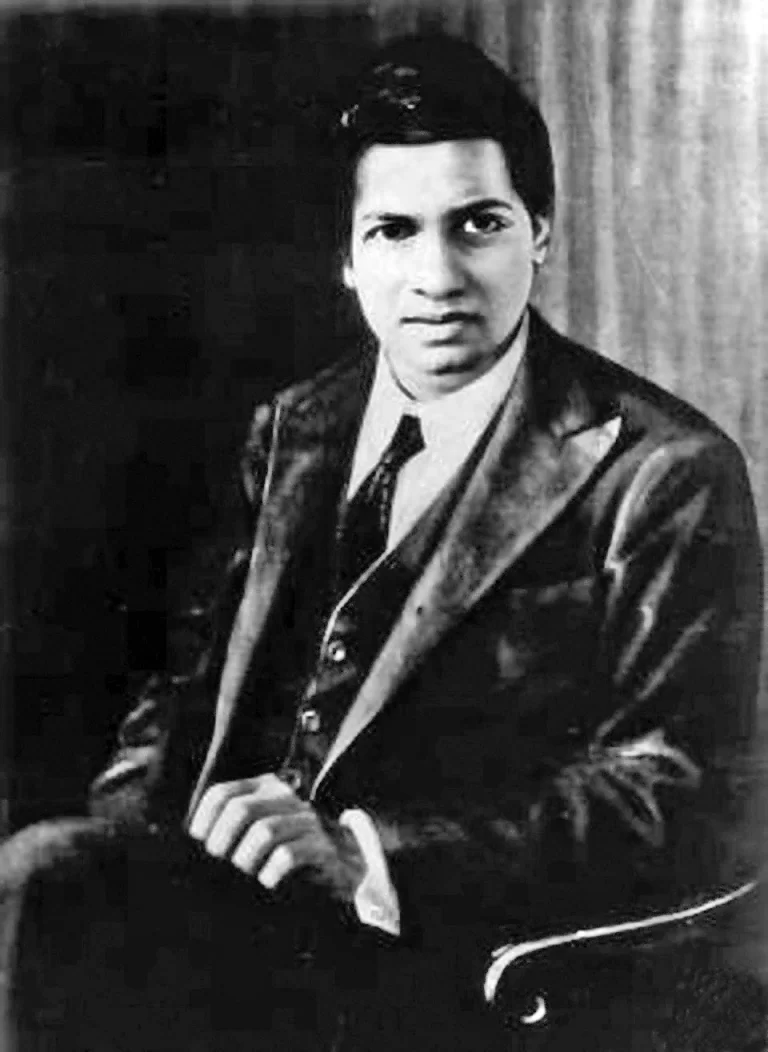

Glory
‘Spiritus Sancti resonet per omnem gloria mundum.’ I’ve recited these words, from today’s Vigils hymn, often, but only today realised their marvellousness. Who would have thought the Holy Spirit’s glory, throughout the world, resounds? One should listen out for glory more.
Marvellous, too, is the reading the Church gives us, from St Ambrose’s letter to a priest: ‘Store up water, the water which prophetic clouds pour forth, from many sources. […] Fill your soul, so that your land will not be dry, but watered by your own springs. For he who reads and understands many things takes his fill; and he who is full can give life-giving water to others. Therefore Scripture says: ‘If the clouds are full, they will pour down rain upon the earth.’
Mission & Task
That humanity is cruising at speed towards a brick wall is no longer an alarmist hypothesis; it carries the eery fatality of predictable fact. The sense of resignation widely felt in the wake of COP26 induces hopelessness. Why can’t we mobilise ourselves?
In this powerful lecture, given in Leeds Cathedral on 22. November, Dr Carmody Grey argues that the root cause is anthropological, lodged in our failure to recognise, and act upon, our specific mission and task as human beings. She speaks of the formation of desire, of the value of values, and of the need for a new humanism of solidarity, contending: ‘We consistently misdiagnose ourselves as independent.’
Dr Grey presents her case with stringent arguments and noble passion, a passion we need more of. The lecture starts at 4’30 into the video.
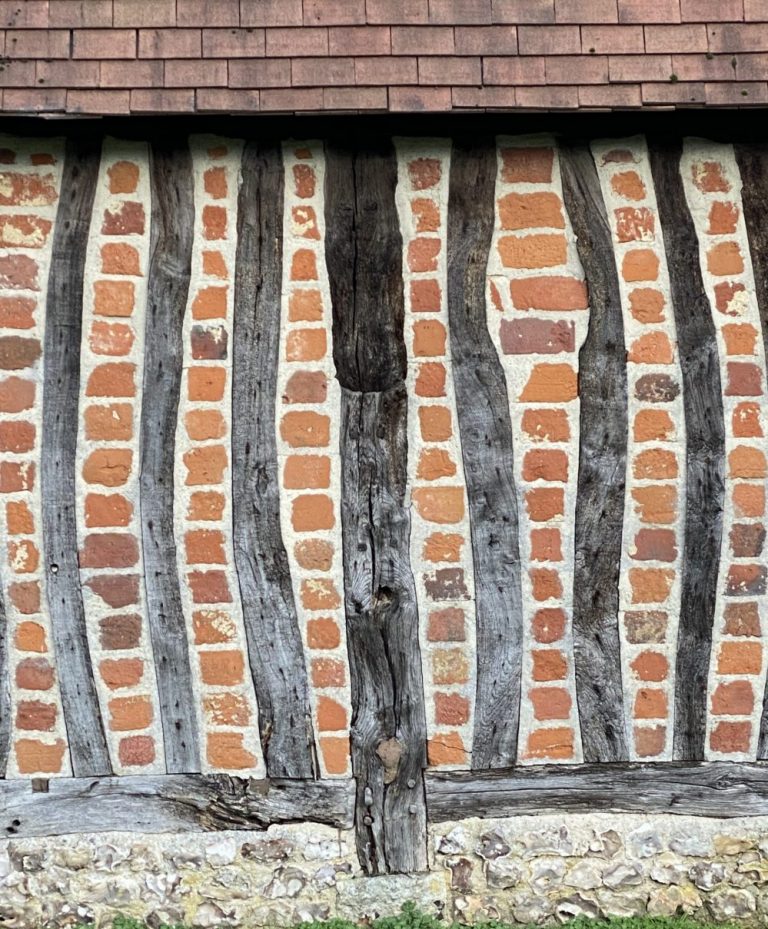

Thus Have I Made It
I first watched Roland Joffré’s The Mission as an undergraduate, mesmerised. After a quarter-century it has lost none of its force. ‘We must work in the world, the world is thus’, says the Portuguese governor toward the end. The Roman envoy retorts, ‘No, Signor Hontar, thus have we made the world. Thus have I made it.’ Rarely has it been more epically shown that there are some alliances the Church simply cannot enter. I think of something Fabrice Hadjadj has written of another Jesuit mission: ‘Even as a stain is darker on a first communicant’s dress than on a builder’s trousers, so sin is graver in the soul of a Christian, who commits it within greater light, and defaces the face of the Church.’
Noble Summit
This morning’s Vigils reading, a text by St John Damascene (PG 95, 417ff.), addresses the Church in synodal process:
‘In this way you have humbled yourself, Christ my God, to carry me, your stray sheep, on your shoulders. You let me graze in green pastures. At the hands of your shepherds, you refresh me with waters of orthodox teaching . You pastured these shepherds. Now they in turn tend your chosen, special flock. Now you have called me, Lord, by the hand of your bishop to serve your people. […] Purify my mind and heart. Like a shining lamp, lead me along the straight path. When I open my mouth, put your words in it. […] Do not let my heart incline me either to the right or to the left. Let your good Spirit guide me along the straight path. Whatever I do, let it be in accordance with your will, now until the end. And you, O Church, whose assistance comes from God, are a most excellent assembly, the noble summit of perfect purity. God rests in you. Receive from us an exposition of faith free from error, to strengthen the Church, just as our Fathers handed it down to us.’
